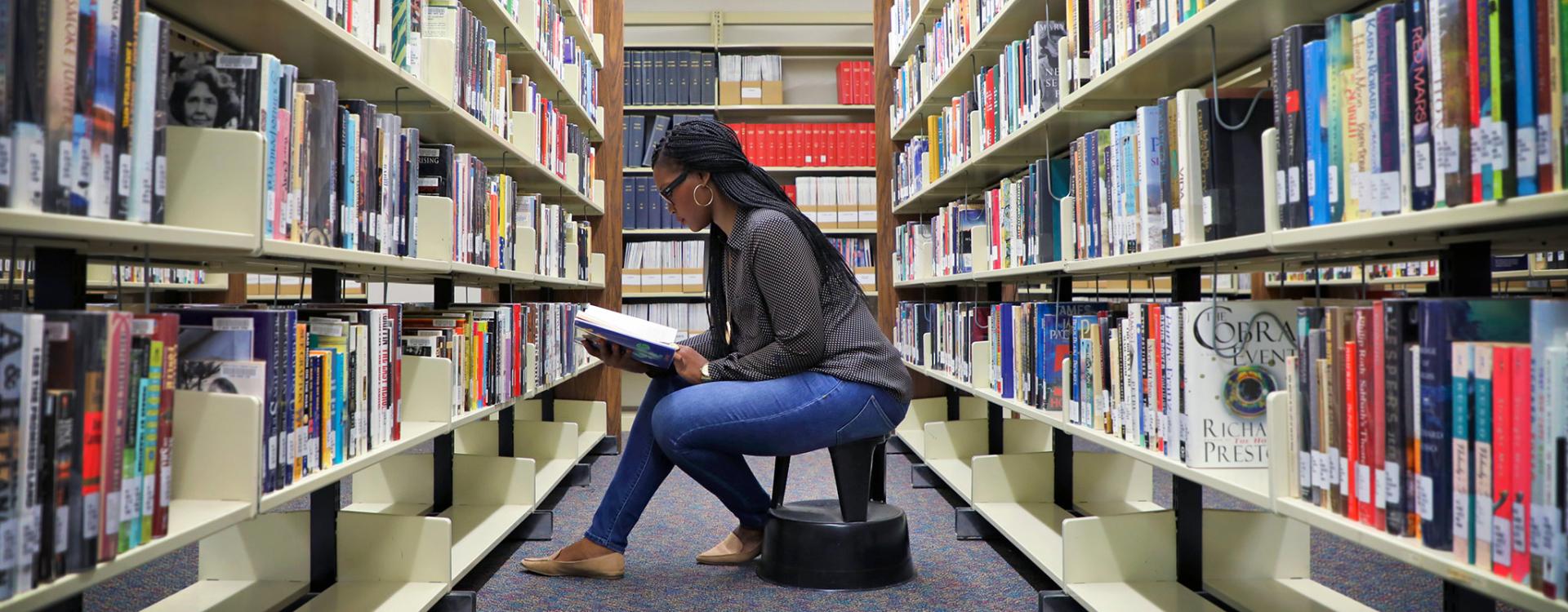Heads Up! All Continuing Education courses starting between July 1, 2025, and June 30, 2026, will open for registration on July 1, 2025. These courses will be available to view on the website starting March 21, 2025.
Reporting from #OpenEd21
I attended #OpenEd21, the online Open Education Conference, from October 18 - 22, 2021. There were many outstanding sessions at the conference. Fortunately, many of the presentations were recorded and made publicly available. I highlight a few of the sessions I attended below.
I recommend scanning the presentation titles on the conference schedule for those that appear interesting and relevant to you. At the page for each presentation, I recommend also following the link to its topic (such as Open Education 101) for more sessions that were on the same topic.
Introduction to OER
- Cheryl (Cuillier) Casey's "Getting Started with Open Education" is a great starting point. Her presentation and accompanying slides provide a concise-yet-thorough introduction to understanding, finding and using OER in the classroom.
- Amy Song of Pressbooks provides a publisher's perspective in "Finding and Remixing OER: A Practical Introduction." This session begins to answer two of the most important questions in incorporating OER in the classroom. I include this presentation also in part to acknowledge that effective use of OER can include resources and assistance from organizations that charge a fee for their services.
Using OER in real life
- One frequently-lamented challenge of using OER in the classroom is a dearth of ready-made ancillary materials. "OER Development: Working with a Collaborative Community to Create Ancillary Materials" describes one example of how to approach this, from Oregon Institute of Technology.
- "From Code to Practice: Lessons Learned from Making OER with the Code of Best Practice in Fair Use" was one of my favorite sessions. The aforementioned Code of Best Practices in Fair Use for Open Educational Resources: A Guide for Authors, Adapters & Adopters of Openly Licensed Teaching and Learning Materials is an ambitious and important document that articulates an argument and guidelines for incorporating reasonable amounts of copyrighted works into Open Educational Resources. Its authors expound on the document in this presentation.
- "Open for Antiracism Program" explores OER and Open Pedagogy as antiracist tools in education.
Beyond open education: open pedagogy
- "Building Awareness of Open Pedagogical Practices to Advance the Cause of Openness on Your Campus" introduces the practice of Open Pedagogy (OP), "a series of practices which involve engaging students in a course through the development, adaptation, or use of open educational resources." OP leverages the rights granted by OER (use, re-use, modification, sharing, etc.) in student-centered instruction.
- The key component of OP is having students participate in their own education, engage with other students and create a durable assignment (as opposed to a disposable assignment, like a multiple-choice test) upon which future students can build. In "Using OER in the Composition Classroom to Empower First-Generation Students" Sabrina Jones briefly introduces tools she has used to support OP and lessons learned from her experience so far.
#OpenEd21 was an invaluable experience! There are many more presentations still available from the website beyond what I have shared above.


